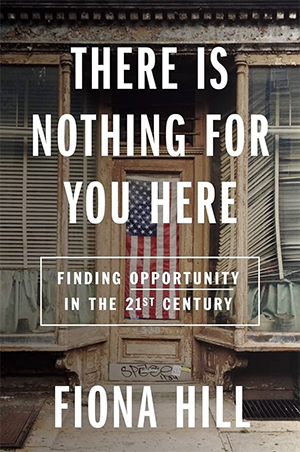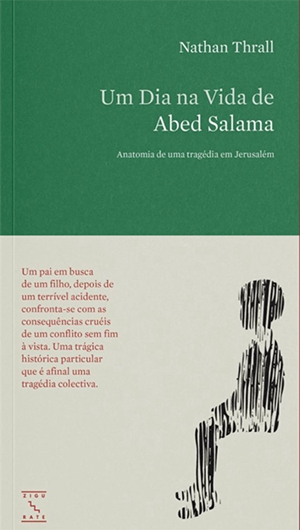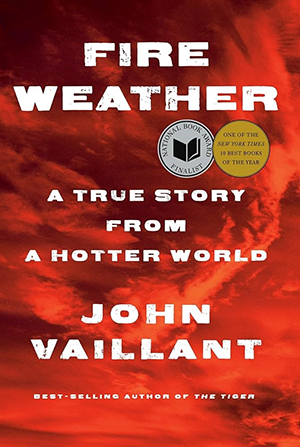
Fiona Hill, There is nothing for you here, New York: Mariner Books, 2021, 422 pp.
Written by one of America’s top scholars, a specialist in Putin’s Russia and Trump’s advisor on that very topic, this is more than a critique of that presidential term from an insider. It is the memoir of a lifetime through which Fiona Hill traces a relevant link between de-industrialization and populism, between territorial depopulation and ethnocentrism, to point to the causes that raise figures like the former president of the US to the seat of power.
Hill thusly retells a story of industrial and political disenchantment across three nations that defined her life: the Northern town of Bishop Auckland, England, where she grew up, went to school and where her family had lived for generations; the US, the country where she pursued her advanced studies in Harvard, where she has worked, from Harvard to the National Intelligence Council, from the National Security Council of the White House to the Brookings Institute; and Russia, the object of her career, Hill’s main focus of study, whether it touches on European insecurity or the fascination with Putin’s exercise of power over relevant sectors of American society, including Donald Trump, with whom she eventually parted ways.
A seemingly unlikely testimony at first, defined by quest for knowledge, a sense of public duty, patriotism, courage, and dignity.



